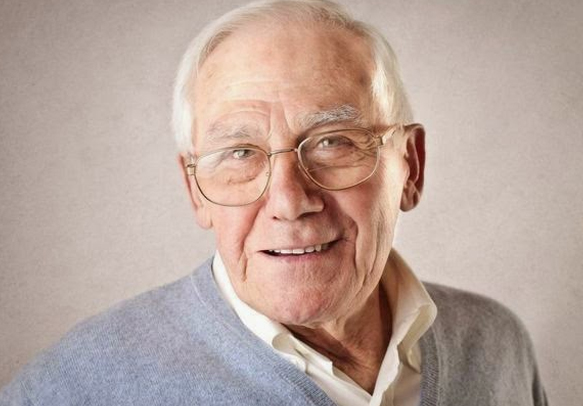Androgen deficiency in the aging male (ADAM), also known as andropause, affects an estimated 1 in 200 men. As men grow older, levels of free testosterone decrease and estrogen levels increase leading to a myriad of symptoms such as reduced libido, erectile dysfunction, decreased muscle mass, weight gain, depression, reduced cognitive function, osteoporosis, and declining cardiovascular health.
It is recommended that men age 50 or older with symptoms of hypogonadism and a total testosterone level < 300ng/dl should be started on hormone replacement. A man may be considered hypogonadal at any age if total testosterone is less than 200 ng/dl, or bioavailable testosterone is less than 60 ng/dl on bloodwork.
Advances in understanding the function of hormones and the role of hormone replacement has made it possible to manage many of the negative side-effects associated with age-related hormone decline. Biologically identical testosterone, derived from yams, has the same molecular structure and produces the same effects as the free form of testosterone produced by the testes. The term "testosterone" is often used generically when referring to numerous synthetic derivatives, as well as natural bio-identical testosterone.
Confusion is responsible for conflicting data in the medical literature about the benefits and risks of testosterone therapy. Studies must be reviewed carefully to determine the form of testosterone that was used. Natural testosterone must not be confused with synthetic derivatives or "anabolic steroids," which when used by athletes and body builders have caused disastrous effects. For example, administration of synthetic non-aromatizable androgens, like stanozolol or methyltestosterone, causes profound decreases in HDL-C ("good cholesterol") and significant increases in LDL-C ("bad cholesterol"). Yet, hormone replacement with aromatizable androgens, such as testosterone, results in lower total cholesterol and LDL cholesterol levels while having little to no impact on serum HDL cholesterol levels.
Goals of Testosterone Replacement Therapy in Adult Hypogonadal Men (age 50 or older):
- Improvement in psychological well-being and mood
- Improvement in erectile dysfunction
- Improvement in libido
- Increased muscle mass
- Increased strength and stature
- Preservation of bone mass
- Possible decrease in cardiovascular risk

Testosterone therapy for men is based on personal hormone test results to determine the testosterone dosage that fits the needs of the person. No two individuals are the same and hormone needs differ from person to person. There are many commercial products available that promise to help overcome the negative effects of a testosterone decline (such as loss of libido, depression, and osteoporosis). However, bioidentical testosterone replacement addresses the underlying cause of the problem and not just the side-effects, while offering a combination of additional long-term health benefits. Contact us today for additional information!
Compounded bioidentical hormones for men
- ETestosterone cream and troches
- DHEA cream and capsules
- Testosterone and DHEA cream
- Testosterone and Chrysin cream
- Chrysin cream and capsules
- Pregnenolone cream and capsules
Commercial hormones for men (not compounded)
- Depo-Testosterone 100mg/ml and 200mg/ml injections
- Norditropin (human growth hormone) 5mg and 10mg injection pens
- Pregnyl (HCG) 10,000 unit vial
- Anastrozole 1mg tablets

